While the world is moving towards models of comprehensive competency assessment, comprehensive personal development and flexible adaptation to the labor market, Vietnam is implementing a classical academic university admission system, mainly revolving around three subjects.
This not only distorts the learning process, but also raises big questions about fairness, the quality of human resources and the ability of the education system to respond to the urgent demands of the 21st century.
In reality, university admission based on three subjects has caused serious consequences: lopsided learning, rote learning, and studying for grades. Subjects not included in the admission combination are often taken lightly, even "abandoned" in students' awareness and efforts.
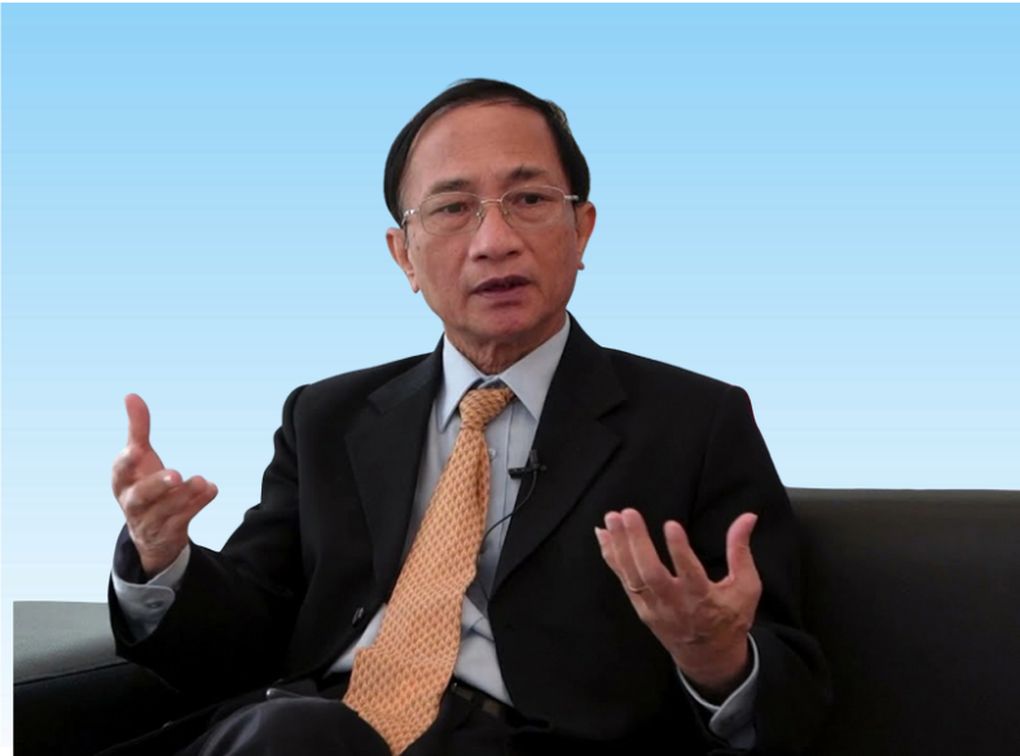
Dr. Hoang Ngoc Vinh, Former Director of the Department of Vocational Education
This goes against the spirit of the 2018 General Education Program (GEP) – which emphasizes comprehensive education, personal capacity development and flexible career guidance.
The contradiction becomes even more evident when the 2018 General Education Program designs early subject differentiation from grade 10, forcing students to choose between natural sciences or social sciences at an age too early to identify their own abilities and passions.
This is like putting a rigid framework on a process of growing up that requires flexibility, exploration and experimentation. Choosing the wrong combination in grade 10 can cause many students to be "sentenced early" by uninformed and inexperienced choices. Differentiating early into two blocks is even more unsuitable for meeting the comprehensive capacity requirements of workers in this century.
Meanwhile, comprehensive competency assessment exams – which are expected to be a way out of the admission rut – have yet to “cover” the whole country. Many large universities have pioneered in organizing their own exams, but the difference in access conditions between regions makes this effort still local and creates a new layer of inequality.
On the other hand, the existence of too many admission methods today - from graduation exams, transcripts, international certificates, to separate exams - although diverse but lacking in standardization and transparency, makes students and parents confused.

Candidates taking the 2025 high school graduation exam (Photo: Thanh Dong).
The problem is: it is time to fundamentally change the admission thinking by increasing the number of admission subjects and assigning appropriate weights to subjects related to the university major. Increasing the number of admission subjects is not to create more burden but to evaluate the learner's ability more comprehensively.
An admission combination should include both natural and social subjects, reflecting the interdisciplinary and inter-disciplinary nature that every profession in the digital age requires. Only when candidates are evaluated in a multi-dimensional way can they choose the right major, promote their strengths, and avoid the common situation of "wrong major - lost path" as it is today.
For example, medical students cannot only be good at biology and chemistry, but also need language skills, humanistic thinking and communication skills. A technology engineer, in addition to traditional admission subjects such as math, physics, chemistry, also needs problem-solving ability, teamwork and social understanding to develop human-oriented products. Three traditional exams are not enough to assess these abilities.
One technical solution that should be considered is to assign subject weights that are most appropriate to each field of study, which would increase flexibility and aim to more closely assess specialized competencies. However, if applied mechanically, this still carries the risk of reproducing the learning bias — albeit in a “softer” form.
The admissions system therefore still needs reasonable limits: weights should only play a flexible role and should not completely overwhelm other assessment factors.
In addition, the integration of soft skills, learning products or personal profiles into admissions – even as an auxiliary element – also needs to be seriously researched to encourage students to develop comprehensively, while helping universities have more effective and transparent non-score assessment tools.
It is impossible to develop high-quality human resources in an unfair and inflexible entry-level education system. We cannot expect a generation of global citizens if we continue to recruit students as we did during the industrialization period of the second half of the last century.
It is time to dare to change. It is time to end the admission model based on three separate subjects – which reflects outdated thinking, is not interdisciplinary, and is out of step with development requirements.
Instead, it is necessary to build an admission system based on comprehensive, multi-subject integrated competency assessment that can accurately reflect the learners' abilities and potentials. Even if it is not possible to universalize the national competency test immediately, at least the admission combinations should be expanded reasonably and subject weights should be assigned carefully.
In a world where professional boundaries are blurring, only “open” education systems – in terms of content, form and assessment – can guide learners to excel. If we continue to maintain the “3 subjects – 1 path” admission mindset, not only will candidates be hindered, but the country itself will also fall behind in the fierce global competition ahead.
Dr. Hoang Ngoc Vinh
Former Director of the Department of Vocational Education, Ministry of Education and Training
Source: https://dantri.com.vn/giao-duc/dai-hoc-kho-co-the-vuon-minh-voi-tu-duy-tuyen-sinh-cua-the-ky-20-20250723073606542.htm




![[Photo] Prime Minister Pham Minh Chinh launched a peak emulation campaign to achieve achievements in celebration of the 14th National Party Congress](https://vphoto.vietnam.vn/thumb/1200x675/vietnam/resource/IMAGE/2025/10/5/8869ec5cdbc740f58fbf2ae73f065076)





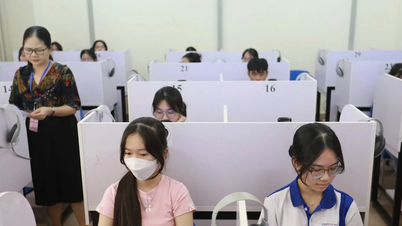
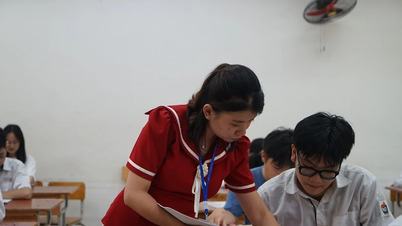







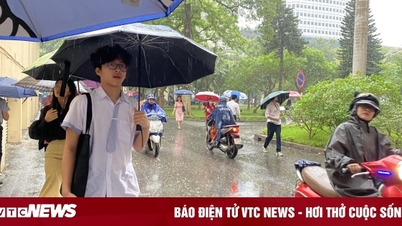




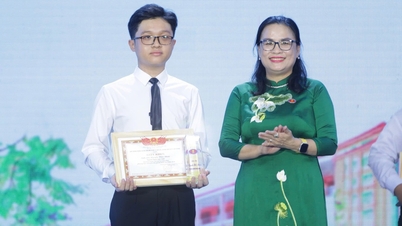





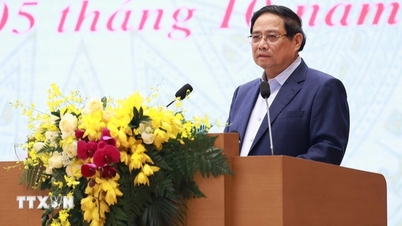

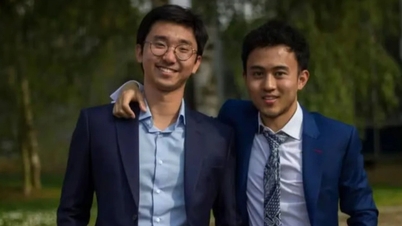

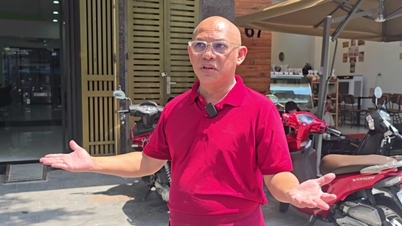
![[Photo] Bustling Mid-Autumn Festival at the Museum of Ethnology](https://vphoto.vietnam.vn/thumb/1200x675/vietnam/resource/IMAGE/2025/10/4/da8d5927734d4ca58e3eced14bc435a3)
























![[VIDEO] Summary of Petrovietnam's 50th Anniversary Ceremony](https://vphoto.vietnam.vn/thumb/402x226/vietnam/resource/IMAGE/2025/10/4/abe133bdb8114793a16d4fe3e5bd0f12)

![[VIDEO] GENERAL SECRETARY TO LAM AWARDS PETROVIETNAM 8 GOLDEN WORDS: "PIONEER - EXCELLENT - SUSTAINABLE - GLOBAL"](https://vphoto.vietnam.vn/thumb/402x226/vietnam/resource/IMAGE/2025/7/23/c2fdb48863e846cfa9fb8e6ea9cf44e7)


















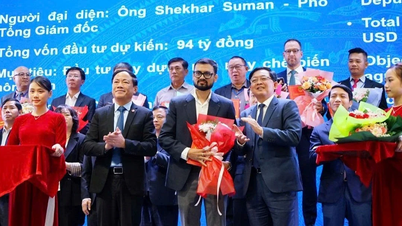

















Comment (0)